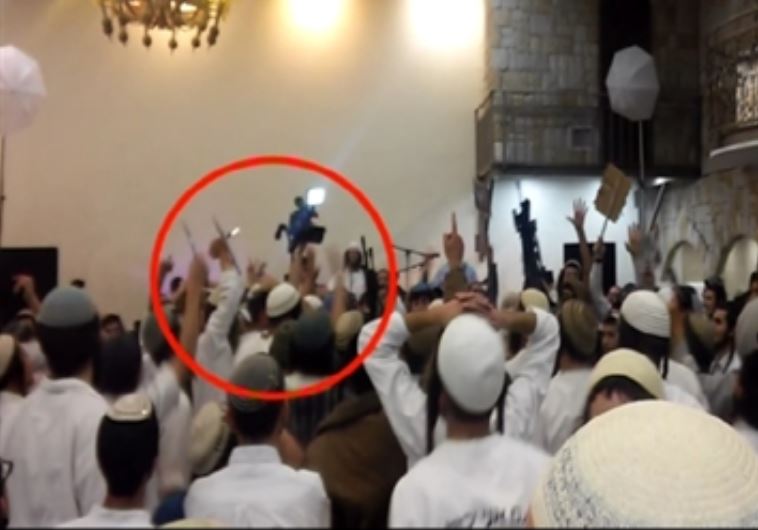Breaking our silence in America
The days of characterizing Diaspora Jews as disloyal to the State of Israel for expressing our concerns about societal trends in Israel are over.
 Video of far-rightists stabbing photos of dead Palestinian baby(photo credit: CHANNEL 10)
Video of far-rightists stabbing photos of dead Palestinian baby(photo credit: CHANNEL 10)